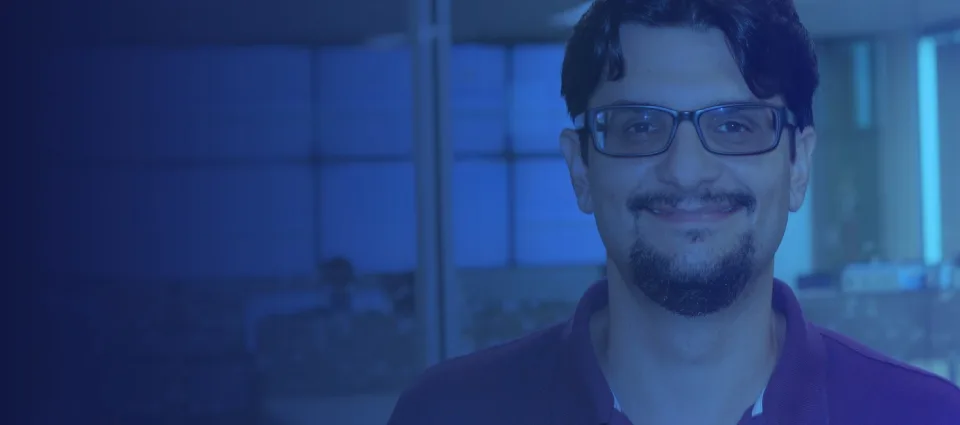Earlier this year, we looked at how the Stefanini Institute has been working to create opportunities for young people across Romania.
This outlined how a team of around 50 volunteers teamed up to provide training covering technical and soft skills, supporting the Stefanini Institute’s efforts to improve the life prospects of disadvantaged people across the country.
An ambitious program was devised, covering hardware, software and search engine basics, alongside more advanced topics around using Windows and troubleshooting network issues. Soft skills training would also form part of the program, encompassing everything from how to write a CV to how to budget responsibly after receiving a first pay cheque.
Then, coronavirus hit. We caught up with Silvia Ivanciu, Project Manager at Stefanini, to hear how, while the pandemic has posed a challenge, the Stefanini Institute is still providing training by adapting smartly to deliver its program remotely.
Shifting online
The most obvious and immediate adaption for the Stefanini Institute has been shifting all communication to online channels.
That means training is delivered via video calls, while catch-ups between Silvia and the volunteers are also online, as the content of training sessions is developed and responsibilities and timings agreed.
Because everyone had begun working remotely, Silvia also decided that these meetings should involve all members of the team, as opposed to separate meetings for volunteers based in the three Romanian cities where Stefanini operates: Bucharest, Sibiu and Targu Mures.
“People are facing numerous additional pressures as a result of the pandemic so I completely understood that not everyone would be able to volunteer in exactly the same way, particularly those caring for sick family members or home schooling their children. By going virtual and uniting the entire team, we still have a great range of skills available and have already been able to devise and deliver a Microsoft Office training session remotely.”
Expanding training offer
Because training is now being offered remotely, the Stefanini Institute is able to significantly increase the number of young people who take part on its courses.
This has included advertising training sessions publicly on Facebook so that anyone with an internet connection is able to take part.
In recognition of the fact that not every participant has reliable access to the internet, the Stefanini Institute has also sent out educational materials and games to more than 50 young people in all three cities and is reviewing how best to supply laptops or tablets to those unable to access online training materials.
Open for volunteers
As well as opening up the training sessions for young people more widely, the shift to remote training is also laying the groundwork for involving technical and soft skill specialists from outside Stefanini – and even outside of Romania – to volunteer with the Stefanini Institute.
“We actually now have a really powerful opportunity to grow the Stefanini Institute offer, reaching a larger number of young people through the support of a broader range of volunteers, whether these are Stefanini employees or external specialists,” says Silvia.
“There’s no doubt that coronavirus posed some significant challenges, but I’m hugely proud of the team for pulling together to deliver a solution. They’ve truly shown that finding the opportunity during times of adversity is very much part of the Stefanini DNA.”
To learn more about how Stefanini is adapting its business and services in response to Covid-19, click here.



















